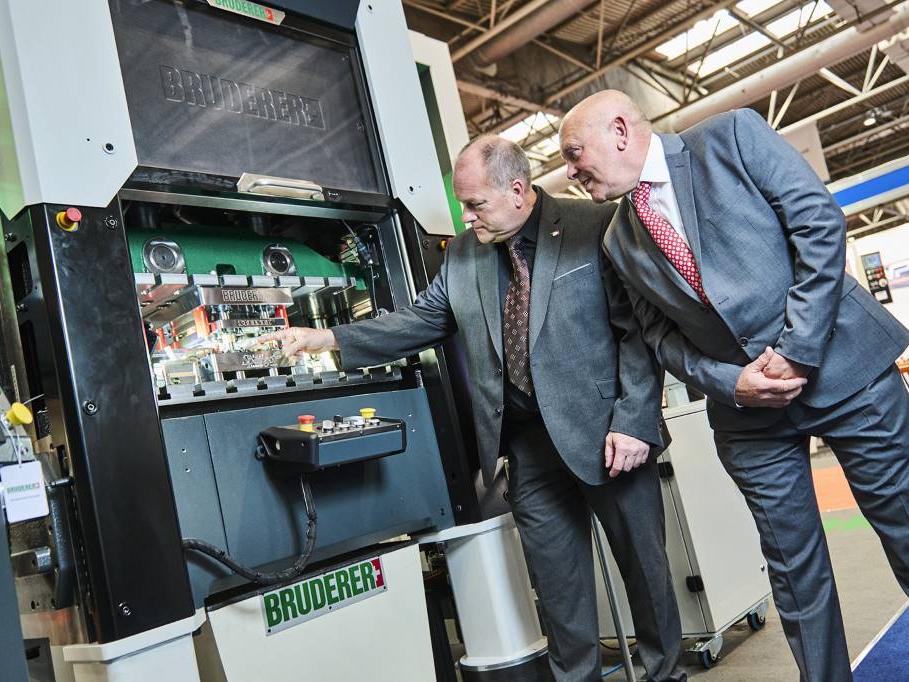High energy usage industries to receive electric bill relief

High energy usage businesses, such as the steel industry, are set to receive further support for electricity costs as the government has confirmed details of the Energy Intensive Industries (EII) compensation scheme.
The scheme will be extended for a further 3 years and its budget will be more than doubled.
The compensation initiative aims to help ensure the UK remains an attractive investment destination for energy intensive industries, whilst encouraging greater electrification to help cut emissions as part of the green industrial revolution across the country.
The scheme provides businesses with relief for the costs of the UK Emissions Trading Scheme (ETS) and Carbon Price Support mechanism in their electricity bills, recognising that UK industrial electricity prices are higher than those of other countries.
The scheme will also provide support for companies that manufacture batteries for electric vehicles, supporting the UK’s drive to capitalise on the global shift to greener technologies.
Industry minister Lee Rowley has met with business groups representing energy intensive industries to discuss the scheme’s extension, including UK Steel and the Confederation of Paper Industries.
The government will also consider further measures to support business including increasing the renewable obligation exemption to 100%. Further details will be announced in the coming weeks. This is in addition to existing support through the £315m Industrial Energy Transformation Fund to help heavy industry cut bills and reduce emissions.
UK Steel Director General Gareth Stace said: “The 3-year extension of the EII compensation scheme and the increase in the level of relief provided by it delivers on a long-standing industry ask and gives the UK steel sector a much-needed reduction in electricity costs. This increase in compensation is a key priority for the steel sector and is a much-needed step to tackling the industrial electricity prices that hold the UK steel sector back from competing with our European counterparts.”
Peter Rolton, executive chairman of Britishvolt, which is building an electric vehicle battery plant in Northumberland, said: “This is a positive step from UK government, clearly recognising the strategic importance of battery manufacturers, and other industry that has intensive energy needs, on the roadmap to net zero, and the urgent need for them to become and remain internationally competitive in light of high energy bills. Support through this and other EII schemes will help the likes of BV to build a factory and adjacent supplier park, powered by both renewable and affordable energy. In turn, this will bring thousands of new jobs, boosted productivity and innovative net zero solutions to the automotive sector, the North East and wider economy.”
Tom Thackray, CBI programme director for decarbonisation, added: “This move will provide some relief to energy intensive firms which play a key role in the UK’s critical supply chains. Rising energy prices continue to weigh heavily on firms’ cashflow and production volumes, which are facing higher costs than their international counterparts. This compensation will go some way to closing that gap.
"The government must now build on this package by actioning further support measures announced in the recent British Energy Security Strategy and providing wider cashflow support through the Recovery Loan Scheme.”
UK Steel
www.makeuk.org/about/uk-steel
Britishvolt
www.britishvolt.com














